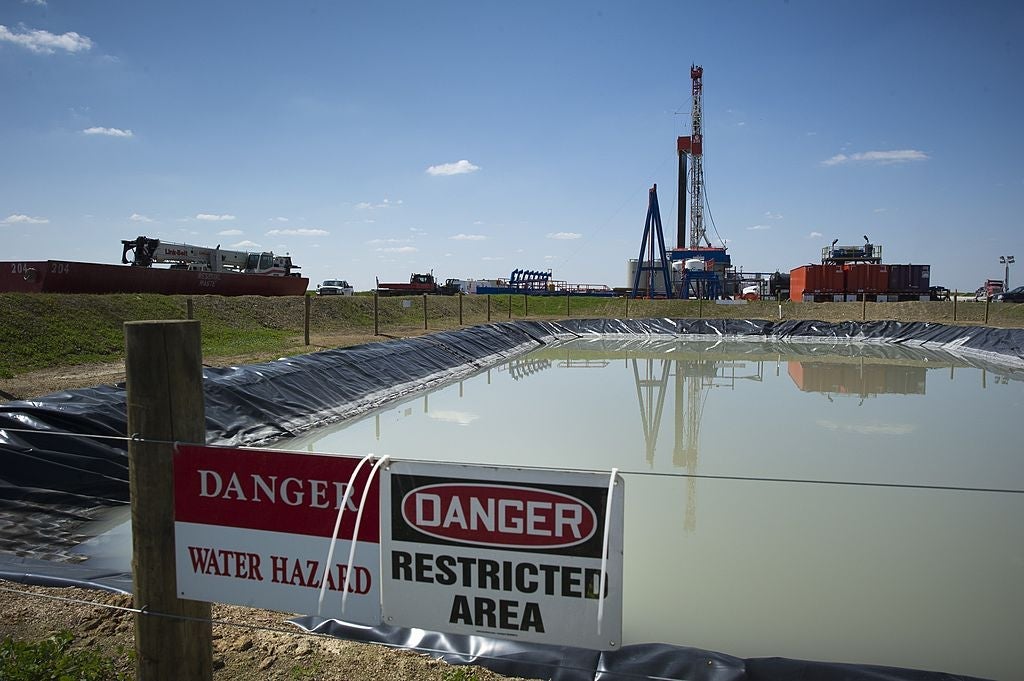

Pennsylvania Governor Tom Wolf has set out three key objectives for the state: schools that teach, jobs that pay and a government that works. It is a simple and clear message to investors but one that has garnered success for the state in recent years.
In 2019, Pennsylvania saw foreign direct investment (FDI) first-year expenditures for both M&A and greenfield investment reach $21.1bn, according to statistics from the Bureau of Economic Analysis. In fact, FDI in the state averaged approximately $14.2bn between 2015 and 2019.
Furthermore, new employment resulting from FDI projects during the same period averaged approximately 18,000 jobs created per year in this time.
What impact will a Biden presidency have on Pennsylvania?
As part of the rust belt in the US, Pennsylvania was under the spotlight during the 2020 US election as a potential flip state. During the 2016 election, Pennsylvanians largely supported Donald Trump due to his promises to support agricultural industry. Agriculture is a key sector for the state, but under Trump’s presidency it suffered and Pennsylvania voted for Joe Biden.
The US/China trade war has seen inflated tariffs on both sides, which have undermined US agribusiness, with export prices for produce such as soy beans – a widely grown crop in the state – dropping by approximately 20% and import prices for chemicals and machinery from China rising by approximately 20%.
Despite this impact, agribusiness is still key to Pennsylvania’s economy. The Pennsylvania Department of Agriculture reports that $4.3bn in sales is generated annually by Pennsylvania’s meat, poultry and fish products. Additionally, the state’s snack food and confectionery industries generate more than $5.1bn in annual sales.
How well do you really know your competitors?
Access the most comprehensive Company Profiles on the market, powered by GlobalData. Save hours of research. Gain competitive edge.

Thank you!
Your download email will arrive shortly
Not ready to buy yet? Download a free sample
We are confident about the unique quality of our Company Profiles. However, we want you to make the most beneficial decision for your business, so we offer a free sample that you can download by submitting the below form
By GlobalDataThe recovery and future strategy of Pennsylvania’s agriculture sector is clearly a priority and could be seen as a reason the state turned blue in the 2020 election.
Manufacturing in Pennsylvania
Manufacturing is arguably the sector most synonymous with Pennsylvania. Historically, the state’s steel industry has contributed to some of the country’s most well-known landmarks, including the Golden Gate Bridge, the Empire State Building and the Hoover Dam.
In alignment with industry trends, manufacturing in Pennsylvania has become more advanced. The Pennsylvania Department of Community and Economic Development (DCED) cites various sector interests from medical devices and organic foods to nanomaterials and fabricated metal products.
Manufacturing is also vital to the state’s employment figures, according to the DCED, with top sectors by employment in Pennsylvania in 2019 featuring manufacturing subsectors such as fabricated metal products, food, machinery, chemicals, and plastic and rubber products.
With manufacturing being such a prominent part of the state’s history, officials are keen to protect its future growth. As a result, four Pennsylvania universities are members of the National Additive Manufacturing Innovation Institute. This is a public-private partnership with members spanning industry, government and academic organisations with a shared goal to insure the competitiveness of the US manufacturing industry.
How Pennsylvania provides an educated workforce
Pennsylvania is home to many highly ranked education establishments, including Swarthmore, Haverford and the University of Pennsylvania. According to Forbes, high school attainment is particularly high in the state, sitting at 90.6%. Attainment for college and graduate degrees is substantially lower at 31.4% and 12.5%, respectively.
Pennsylvania has also suffered high unemployment due to Covid-19. The unemployment rate hit a peak of 13.4% in May 2020 but has since seen recovered, to 7.3% in October 2020.
For key sectors such as manufacturing, training is high on Wolf’s priority list. With an investment of $11m, a new initiative for manufacturing training was created in 2017 within the state. The initiative set out to provide 78 new training programmes for more than 1,500 jobseekers in order to establish a more stable and skilled manufacturing workforce in Pennsylvania.
Wolf has also requested a £2m increase within his 2020–21 budget proposal for the purposes of the Workforce and Economic Development Network of Pennsylvania. This aims to help companies develop their workforces through additional training.
What is the future for gas?
Pennsylvania is also a large producer of natural gas, with the state drilling record-high volumes in 2019. The state extracted 6.8 trillion cubic feet of natural gas in the year, a 10% increase from 2018.
This could provide lucrative opportunities for investors in the sector as Pennsylvania does not tax gas companies’ extractions, but charges a per-well impact fee. However, there is some uncertainty over the sector’s future under a Biden presidency given that fracking was an issue that featured throughout the election.
There are 20,000–50,000 jobs connected to the state’s fracking industry that could be in jeopardy, according to the Pennsylvania Department of Labour and Industry.






